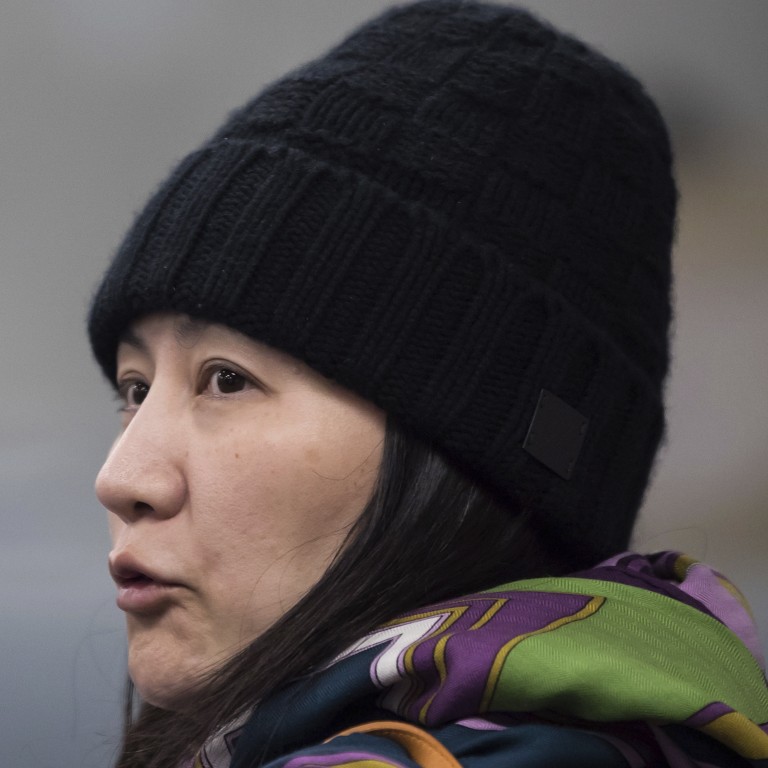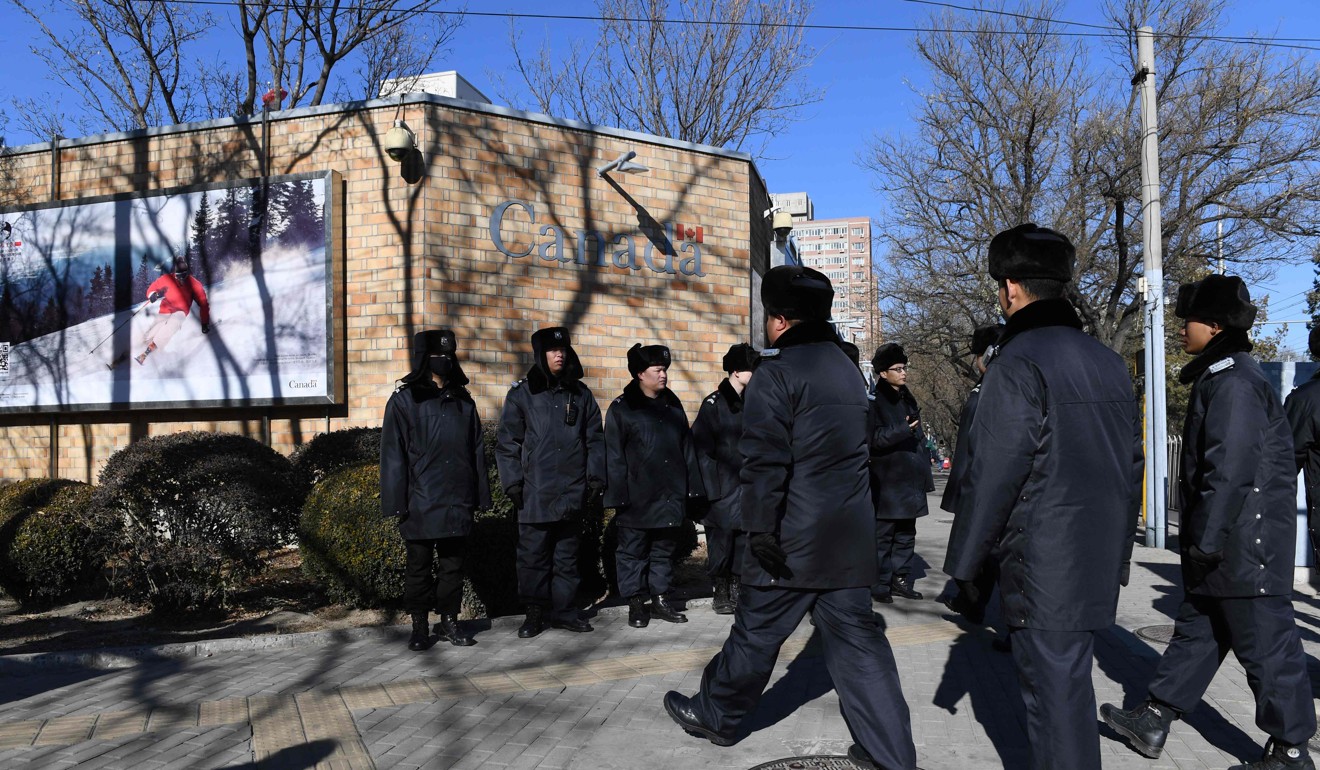
Arrest of Huawei CFO Sabrina Meng Wanzhou may kill Canada’s hopes for free trade deal with China
- The arrest of Meng Wanzhou – and China’s subsequent detention of two Canadians – has halted negotiations between the two countries
- A free trade deal with China has been tantalising to Canada following a rocky and unpredictable period of negotiations with the United States
Amid an increasingly bitter diplomatic feud sparked by the detention of a senior Huawei executive in Vancouver, a highly coveted free trade deal between Canada and China looks increasingly unlikely.
The arrest of Sabrina Meng Wanzhou, chief financial officer of telecom giant Huawei – and China’s subsequent detention of two Canadians – has halted negotiations between the two countries. And as the United States prepares to request Meng’s extradition in the coming weeks, China has vowed to unleash punitive measures.
“This current problem with the extradition proceedings has caused a major disruption in the relationship, far beyond what might have been foreseen,” said Lawrence Herman, an international trade lawyer based in Toronto.
The prospect of a free trade deal with China, one of the world’s largest economies, has been especially tantalising to Canada, following a rocky and unpredictable period of negotiations with the United States, Canada’s biggest trading partner.
The bitterly contested talks, some fought in public, and US tariffs on Canadian aluminium and steel were widely perceived as a blow to the once-strong relationship.
Canada now finds itself in uncharted territory: relations with its biggest trading party have soured since US President Donald Trump took office (Herman described its perception of the US as “hostile”) and Meng’s arrest has now angered its second largest trading partner.
The result is potentially costly feuds with two of the world’s largest markets.
“The problem is that as a medium-size economy, Canada has somewhat limited leverage that it can use in trying to diversify, particularly trying to diversify from the United States,” said Herman.
There are recent bright spots: after recently finalising a trade compact with the European Union, Canada is set to ratify the Trans-Pacific Partnership, which will open up new markets, including Japan.
But China has been viewed as one of the biggest prizes by Trudeau’s trade negotiators.
As recently as November, Canada’s outlook on the prospects of free trade was rosy. The minister for international trade diversification, Jim Carr, called a free trade deal with China an “essential component” in the search for new markets and trading partners.
Part of Canada’s goal was to ambitiously increase agricultural exports to C$75 billion (US$55.7 billion) by 2025, a substantial increase over total exports – in all sectors – of C$18 billion (US$13.4 billion) last year and a testament to the value Canada saw in courting China.
“I think there were high expectations on both sides, but certainly on the Chinese side, that there would be a sharp improvement in the relationship,” said Gordon Houlden, a former diplomat and head of the University of Alberta’s China Institute.
But the failure in talks also underscores a misalignment over how the two nations view trade.
If we’re causing problems, or the Chinese perceive that we’re causing problems, they’re not afraid to raise really difficult issues and to pound the table
“China tries to persuade – and very effectively persuades – other countries that they do trade agreements as a favour … We see it as a gift from China. And a way to get a trade agreement with China is to meet with Chinese government officials,” said David Mulroney, Canada’s former ambassador to China. “You go through government, so when there is a crisis in the relationship – and there is now – China simply goes silent.”
The current crisis has led to worries within the Canadian government that the spillover economic effects of lost opportunity could be costly – and led to greater scrutiny of what a deeper relationship might entail.
“The Canadian government has been doing a lot of work in quantifying benefits [of a Chinese trade deal] and there’s no doubt that it would be enormous,” said Herman. “The risks, however, on the security side and on the industrial side, in terms of intellectual property theft, are considerable.”
This PowerPoint presentation proves Huawei CFO Sabrina Meng Wanzhou is guilty, says US
The Five Eyes security intelligence-sharing network has twice cautioned the government against Huawei’s growing presence in Canada, reported the Globe and Mail.

While Mulroney sees a “deep freeze” in the relationship in the near future, the current impasse could also serve as a potential opportunity for Canada.
“I think the relationship is very robust. If we’re causing problems, or the Chinese perceive that we’re causing problems, they’re not afraid to raise really difficult issues and to pound the table,” he said.
“I’m not suggesting we pound the table, but we have to have enough confidence in the relationship to understand that we will pursue all our interests – even when China may find it unpleasant.”

